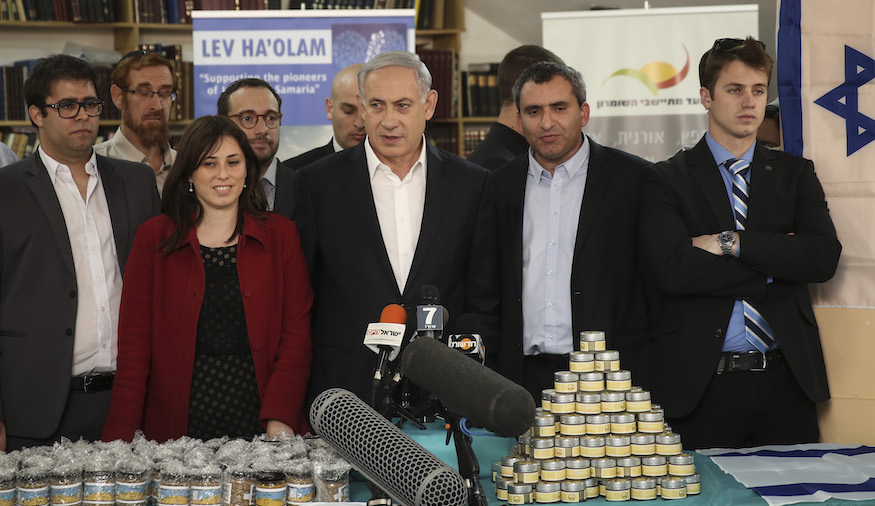The problem with BDS
A local TV station in Holland, in partnership with a local “Community for Peace” group, recently sent teams of journalists into all the local supermarkets. Products labeled “made in Israel” were singled out, a list compiled and presented to the management with the demand to remove them from their selection. Outside the supermarkets, the public were encouraged to boycott these products. Why? Because, the TV station claimed, there is a “big chance they were made in the settlements in the occupied territories. Making products made in these territories is illegal, and involves breaches of human rights.”The United Church of Christ in the USA recently voted to boycott Israeli products and to divest from companies that do business with Israel’s defense establishment.
Following the recent elections in Israel, Mahmoud Nawajaa from the Palestinian BDS National Committee (BNC), the broad coalition of Palestinian civil society organisations that leads the global BDS movement, said: “The true face of the Israeli establishment has been revealed to the world. By rejecting Palestinian statehood and declaring he will not enter into any meaningful negotiations with Palestinians, Netanyahu has removed any excuse for governments not to impose sanctions on Israel and end their support for its colonial and apartheid regime.”
These are just three very different examples of how the BDS (Boycott, Divestment and Sanctions) movement is gaining more traction. The Israeli government has called the BDS movement the second most serious existential threat to Israel.
Israel is not overreacting. The BDS movement is both dangerous and misleading.
The BDS movement purports to oppose Israel’s ongoing “illegal occupation” of the “Occupied Palestinian territories” (West Bank, Golan Heights and Gaza Strip). To ordinary people who have little knowledge of the region – like the Dutch TV station and the local “community for peace” group – this seems like a good cause. Who cannot support the underdog?
But BDS is about much more than the “occupation” of these territories. It is, fundamentally, about the right of the Jewish people to live as a nation within secure borders. This is because the BDS movement fundamentally rejects Zionism (in the sense of the expression of the right of the Jewish people to self-determination) as “racist” and “apartheid”. In so doing, they challenge the legitimacy of right of the Jewish people to live as a nation in Israel itself.
Secondly, the BDS movement requires the withdrawal of Israel from ALL of the “occupied territories”, and creation of a Palestinian state within the so-called “1967 borders”. As anyone who has been in Israel knows, these borders are totally indefensible against a hostile neighbor.
The problem with the BDS movement is that it is distracting the world from the real problem.
The real problem is not the existence of the Jews, it is the rejection of their existence.
Ever since the Jews started investing in Palestine and building a strong economy over 100 years ago, the Arab Palestinians have suffered from a dysfunctional leadership that seems more bent on rejecting the Jews than on building a better society for its own people.
It is this spirit of what Professor Irwin Cottler has called “double-rejectionism” that has undermined any attempts to build a strong Arab Palestinian civil society.
Dismantling Israel will not solve the problems of the Arab Palestinians. Nor will removal of the Jews from the territories reclaimed by Israel in 1967.
Instead of removing productive Israeli businesses from the West Bank, it is time for the international community to focus on the most urgent problem – stimulating good Arab Palestinian governance. Without a strong government, a Palestinian state is doomed to implode into chaos. There are plenty of good examples of this in the region. Just look at Syria and Libya.
The ordinary Palestinians deserve a better future. But that will only happen if they themselves build a strong leadership that promotes values of cooperation, mutual reconciliation and productivity – not hatred and destruction. In the first place that means dismantling the UNWRA camps, and making sure that the millions of dollars and euro’s of foreign aid received each year by the Palestinian Authority are channeled into productive projects – not the pockets of its corrupt leaders.





